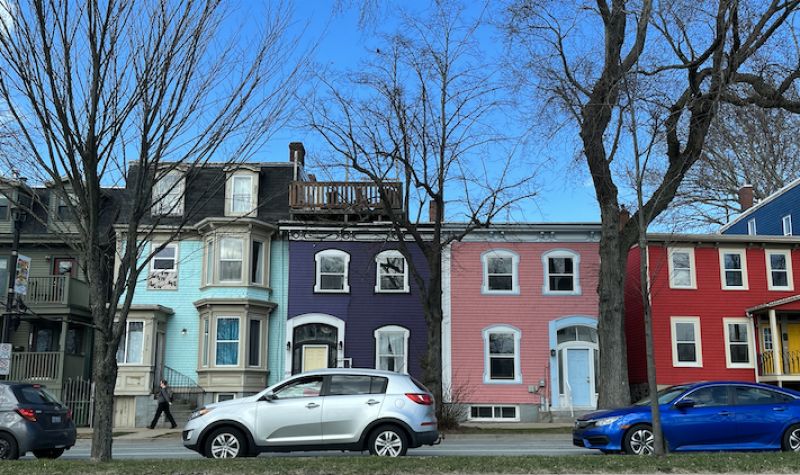The province gave updates on the ongoing efforts it is making to create more affordable housing in Nova Scotia.
The Standing Committee on Human Resources met on Tuesday afternoon to discuss the need for affordable housing in N.S.
There are 1,068 people currently experiencing homelessness in HRM, according to Michael Kabalen, executive director of the Affordable Housing Association of Nova Scotia. Of those individuals, 765 have been in the situation for six months or more, he added.
“After six months, the outcomes become almost catastrophic,” Kabalen said.
In October 2019, the number of people actively experiencing homelessness was 209.
The death of a man in a Dartmouth homeless encampment over the weekend sparked concerns about those living in tents being able to survive the winter. MLA Suzy Hansen asked if the province’s Affordable Housing Association is keeping track of the deaths happening in these encampments and the homeless community.
“What we’re tracking is how we are doing with resolving the overall picture around homelessness,” Kabalen said, adding that the death is a testament to how much more effort needs to be done.
The province released their five-year housing plan, Our Homes, Action for Housing, in October that projected a $1 billion investment into creating more housing. The plan includes using provincial land to create housing, increasing skilled workers in order to build housing and growing the community housing sector.
Adrian Mason, director of Housing Development and Partnerships, said last year the Affordable Housing Development Program created 308 new units with 225 of them being affordable housing.
The Rapid Housing Initiative, a federal program, and the Community Housing Acquisition Program, are both dedicated to creating more “deeply affordable” housing, Mason said.
The Canada Mortgage and Housing Corporation (CMHC) estimates that 40,000 units are needed across Canada to bring housing affordability back to early-2000s levels. The units will need government subsidies in order for developers to build them, Kabalen said.
“The solution to homelessness is housing. It's not fishing tents, it's not Pallet shelters, it’s not camping, it’s not someone’s couch, it’s not a shelter,” Kabalen said. “It’s more housing.”
The challenge is going to require billions, not millions of dollars, he added.
Listen to the story below:


